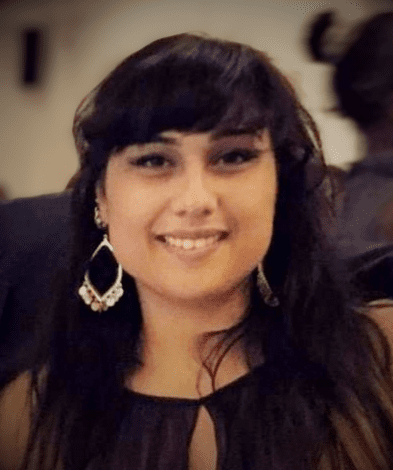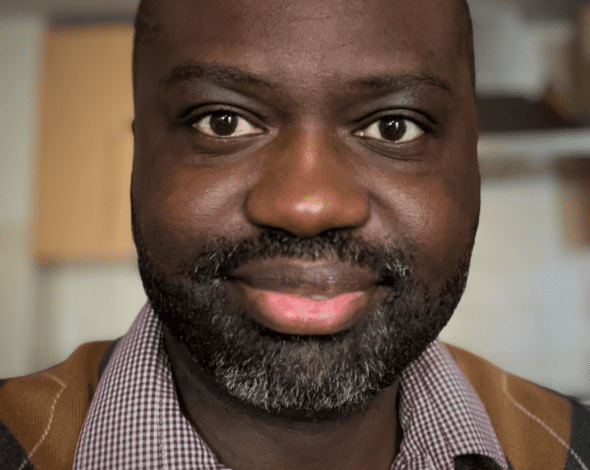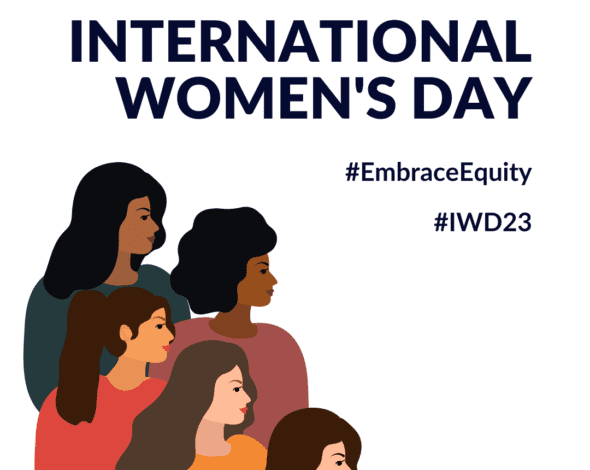Andrea Cavill worked with children and young people and adults within a disability team after qualifying as a social worker; she also spent time with a learning disability team, mostly focusing on supporting women with learning disabilities who were also parents, and people with a learning disability and mental health dual diagnosis. Andrea found mental health fascinating and made the move to mental health social work before deciding to become an approved mental health professional (AMHP). Today, Andrea is Leeds City Council’s AMHP Lead. Here, she reflects on social work’s challenges, aspirations, and the profession’s meaning for her.
Andrea, please tell us what social work means to you.
I think social workers have a unique role because we’re often catalysts for political change. We work with people, families and communities, in a strengths-based and holistic way as other professionals do, and we often share the same agenda as other organisations; but what feels different is our relationship with grassroots activism, it’s part of our core values. We’re practising in an anti-oppressive way, challenging discrimination, working with disadvantage. We’re often the awkward voice in the room and that isn’t always comfortable with other partners.
Advocacy is another important part of social work for me. I’m passionate about making sure service users’ voices are heard, especially from minority communities, which are over-represented in mental health services locally as well as nationally.
Being a social worker is also a real privilege; it’s a huge thing for someone to let you into their home and trust you enough to let you hear what’s happening in their lives, and enable us to work in a way which is collaborative and empowering.
 Please share your reflections on the last year.
Please share your reflections on the last year.
Like many people, I’m really mindful of what’s happening in Ukraine at the moment; I think it touches us at the core of our humanity, it’s very difficult to hear those narratives. The Black Lives Matter movement and the death of George Floyd had a similar impact; it ignited something in social work, it took us back to social work’s political roots and how critical it is that we actively challenge oppression.
The pandemic has been a huge challenge, especially for people working on the frontline. Being exposed to the reality behind the headlines, seeing the level of grief and loss experienced by our service users and their families, has been tough, especially with limited resources and providers under such pressure as well as working with austerity. It is part of our role to support people in their rawest moments, but what’s important now is how we deal with that volume of collective trauma and grief. I think there’ll be a lot of research to come around what it means to be exposed to those narratives over a prolonged period of time.
It’s so important we recognise success too. We’re still here, we’re in one piece just about, we’re still working. We have had to work and think differently and be creative about what community-based support looks like during a pandemic. The next stage will be reflection; what went well, what have we learned, how can we improve our practice, what can we put in place now to achieve real change.
What’s next for social work?
Social workers support diverse populations and communities, here in Leeds we’re supporting asylum seekers and refugees for example, so it will become even more vital that we look beyond our national lens to take in the political picture and events across the globe, as these factors will be important to the people we’re working with.
It’s also critical that we take action to make sure our practice is anti-racist. A disproportionate number of people from minority ethnicities are detained under the Mental Health Act each year but this isn’t new information, it’s been happening for the last 30 or 40 years, so we need to do more than just talk about it. I believe there is a real momentum in society now to address systemic racism, and health and social care should lead the way.
There is also something in how we recover from the pandemic. What do we really mean by trauma-informed practice? How do we work with the person’s strengths and give them a voice while recognising their journey and experiences in an appropriate way? I think social workers will have a central role here and can lead by example in terms of practice and research.
Please share your reflections on this year’s World Social Work Day’s theme: ‘Co-building a New Eco-Social World: Leaving No One Behind.’
For me social work is at the forefront of understanding and tackling inequality, and looking at models of social inclusion and access. This year’s theme emphasises this as well as the importance of placing user-led involvement at the centre of everything we do.
I believe we are better connected now with the global picture than we have been before and that’s positive, but we can’t talk about social work and the global perspective without talking about human rights. How do we work in a way that truly promotes human rights? How do we make sure human rights, dignity and compassion run through everything we do? We should be reflecting on these questions and working out practical ways to uphold a rights-based approach in our theory, approaches and reflections.
Thank you Andrea for sharing your thoughts with us.








